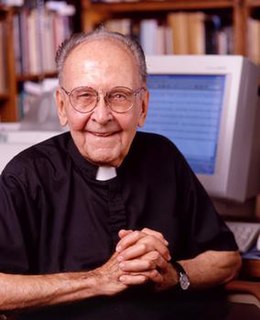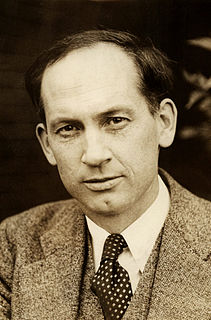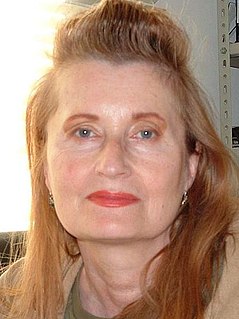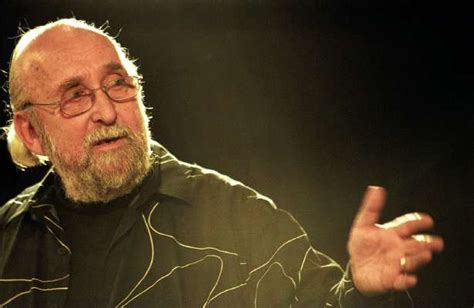A Quote by Walter J. Ong
Without writing, the literate mind would not and could not think as it does, not only when engaged in writing but normally even when it is composing its thoughts in oral form. More than any other single invention writing has transformed human consciousness.
Related Quotes
I have a hard time writing. Most writers have a hard time writing. I have a harder time than most because I'm lazier than most. [...] The other problem I have is fear of writing. The act of writing puts you in confrontation with yourself, which is why I think writers assiduously avoid writing. [...] Not writing is more of a psychological problem than a writing problem. All the time I'm not writing I feel like a criminal. [...] It's horrible to feel felonious every second of the day. Especially when it goes on for years. It's much more relaxing actually to work.
Writing objects to the lie that life is small. Writing is a cell of energy. Writing defines itself. Writing draws its viewer in for longer than an instant. Writing exhibits boldness. Writing restores power to exalt, unnerve, shock, and transform us. Writing does not imitate life, it anticipates life.
The very dull truth is that writing love scenes is the same as writing other scenes - your job is to be fully engaged in the character's experience. What does this mean to them? How are they changed by it, or not? I remember being a little nervous, as I am when writing any high-stakes, intense scene (death, sex, grief, joy).
I liked to write from the time I was about 12 or 13. I loved to read. And since I only spoke to my brother, I would write down my thoughts. And I think I wrote some of the worst poetry west of the Rockies. But by the time I was in my 20s, I found myself writing little essays and more poetry - writing at writing.
Writing, for me, when I'm writing in the first-person, is like a form of acting. So as I'm writing, the character or self I'm writing about and my whole self - when I began the book - become entwined. It's soon hard to tell them apart. The voice I'm trying to explore directs my own perceptions and thoughts.
I'm saying that the domain of poetry includes both oral & written forms, that poetry goes back to a pre-literate situation & would survive a post-literate situation, that human speech is a near-endless source of poetic forms, that there has always been more oral than written poetry, & that we can no longer pretend to a knowledge of poetry if we deny its oral dimension.
I tend to like the way poets form communities. Writing can be lonely after all. Modern life can be lonely. Poets do seem to be more social than fiction writers. This could be because of poetry's roots in the oral tradition - poetry is read aloud and even performed. I'm just speculating, of course. At any rate, because poets form these groups, they learn from one another. That is one of the best things about being a poet.







































